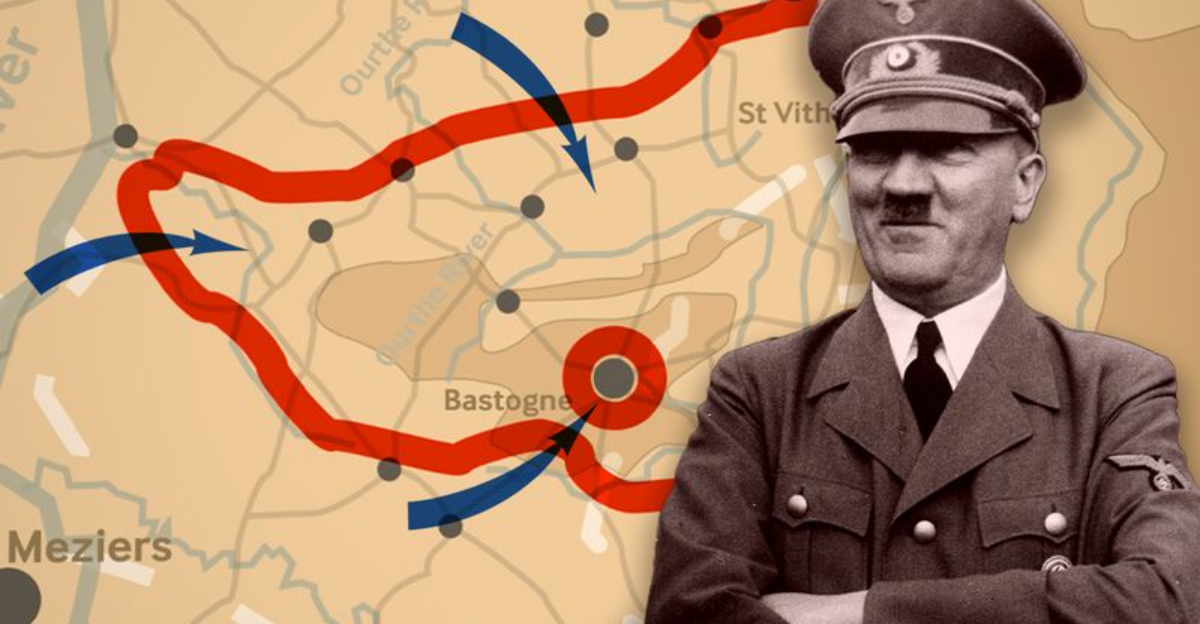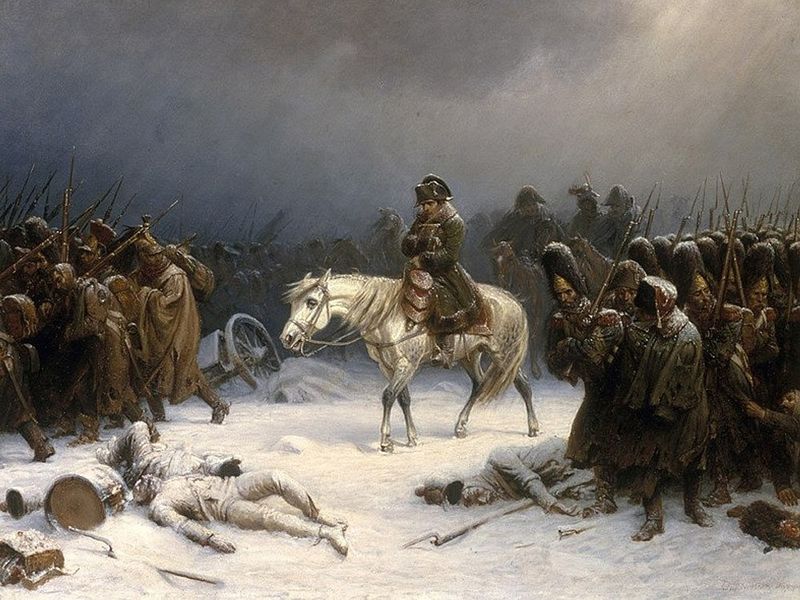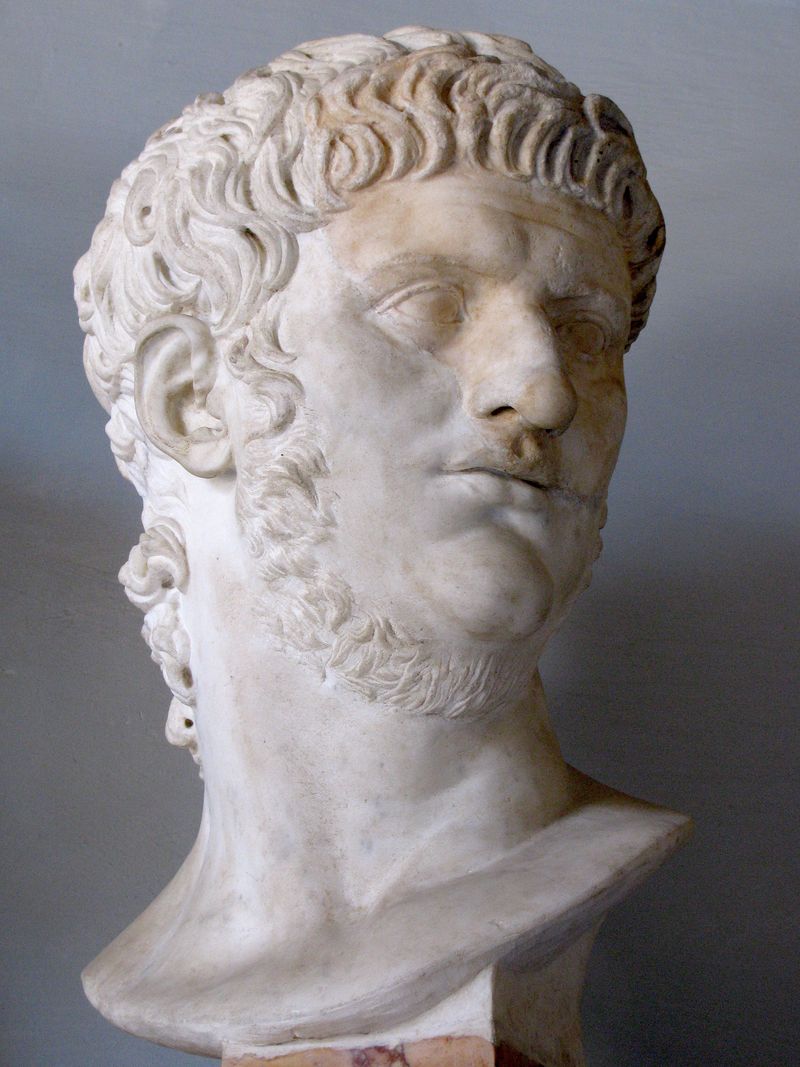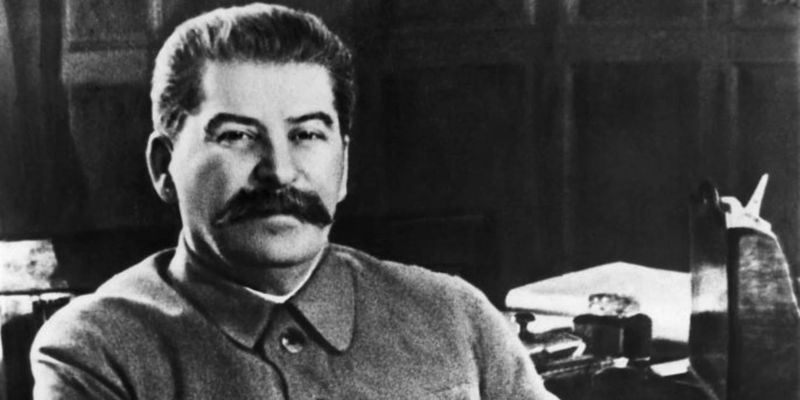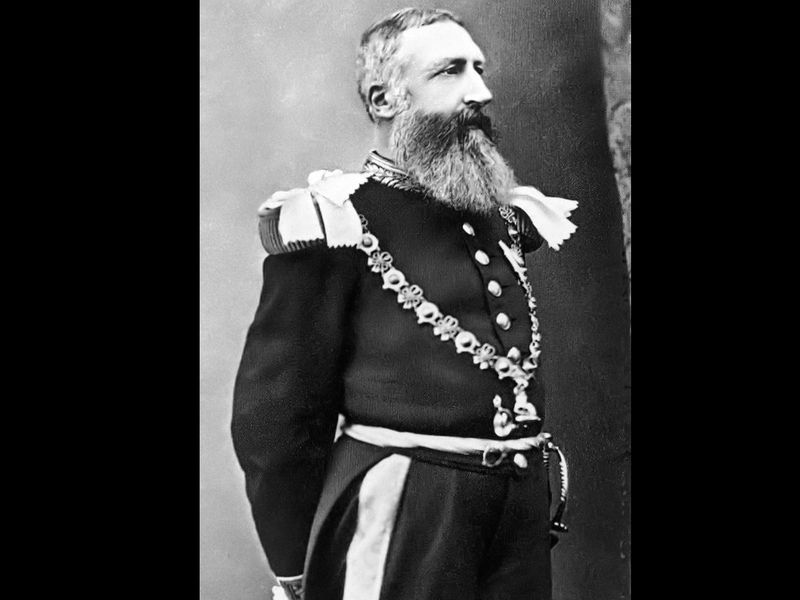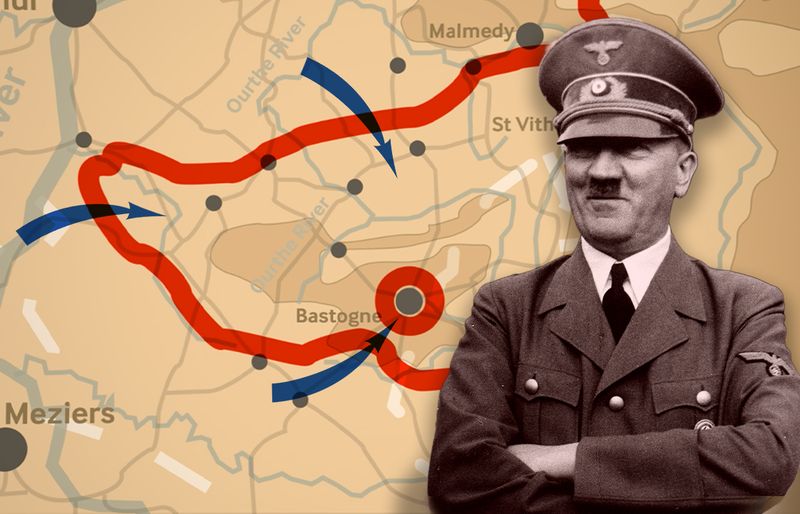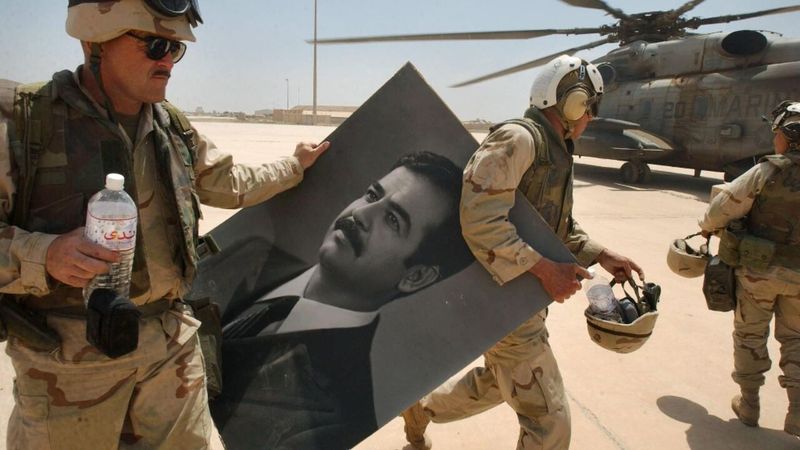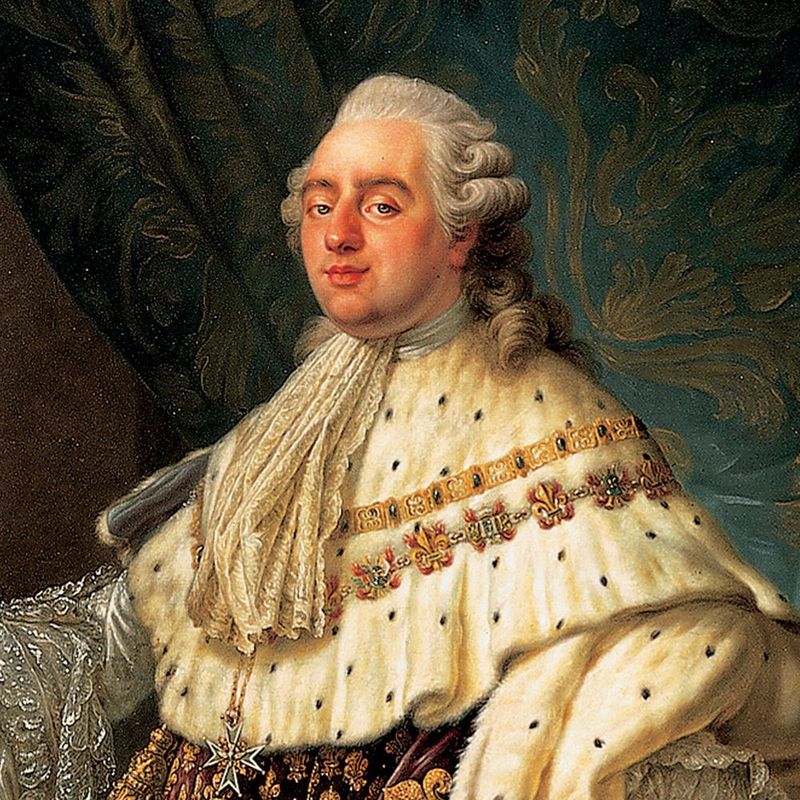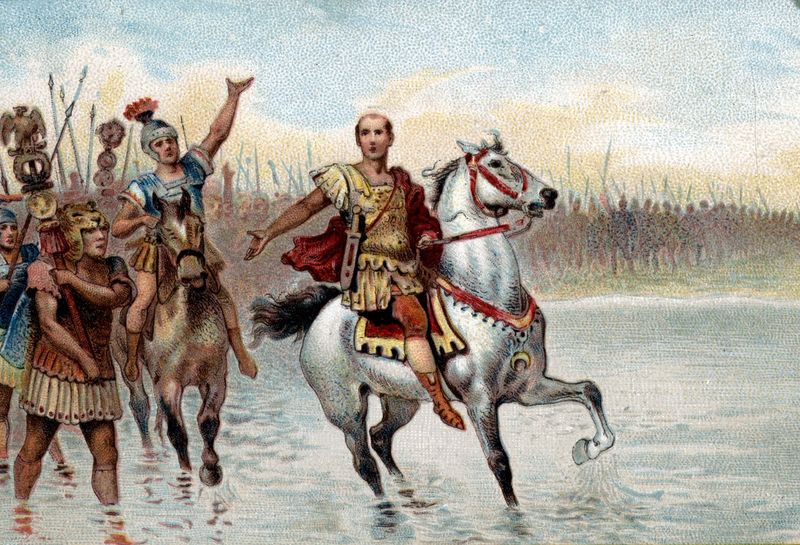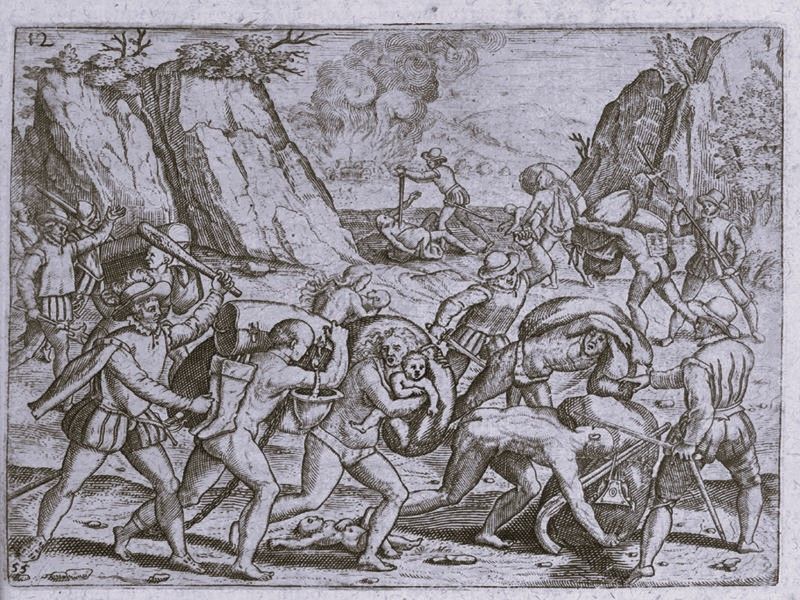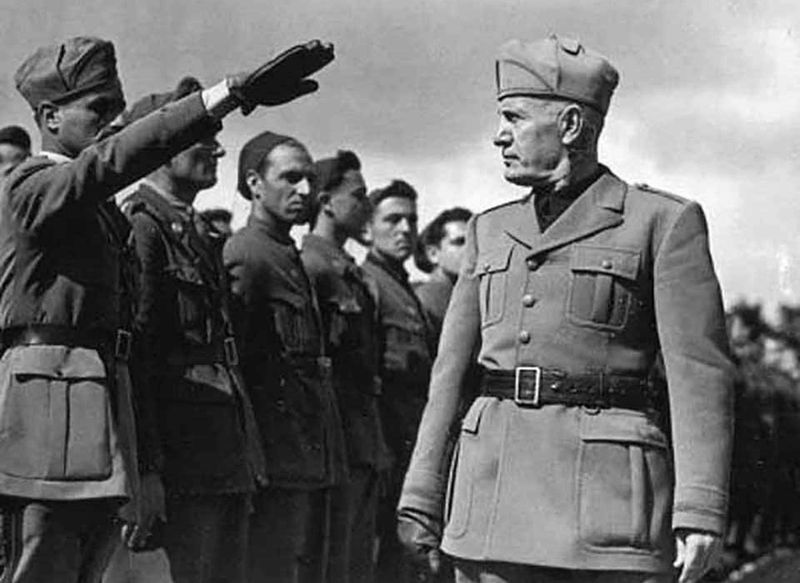Throughout history, several prominent figures have succumbed to their insatiable desires, ultimately leading to their downfall. This blog post explores ten such historical leaders whose greed led to catastrophic consequences, providing a cautionary tale of unchecked ambition and misjudgment.
1. Insatiable Lust for Power (Napoleon Bonaparte)
Napoleon Bonaparte, driven by unmatched ambition, sought to control Europe with relentless determination. His refusal to acknowledge reasonable limits led to the infamous invasion of Russia in 1812, a campaign that stretched his resources thin.
Despite early successes, the harsh winter and tactical errors decimated his army. His unwavering desire for dominance culminated at Waterloo in 1815, where he faced a crushing defeat.
Exiled to Saint Helena, Napoleon’s vaulted dreams were shattered by his inability to concede. His insatiable greed for power served as both his greatest strength and his ultimate undoing.
2. Obsession with Wealth (Emperor Nero)
Emperor Nero’s reign was marked by an extravagant lifestyle, characterised by opulent banquets and luxurious palaces. His obsession with wealth led him to exhaust Rome’s treasury, prioritising personal indulgence over state affairs.
As Rome’s financial situation deteriorated, resentment grew among its citizens, who faced neglect and hardship. Nero’s greed-fueled mismanagement became evident, sparking revolts and uprisings.
Ultimately, his inability to govern effectively led to his downfall, and in 68 AD, faced with mounting opposition, he chose to end his own life. Nero’s legacy remains tarnished by his unchecked avarice.
3. Paranoia & Hoarding Loyalty (Joseph Stalin)
Joseph Stalin’s regime was defined by paranoia and an insatiable greed for absolute control. His deep-seated distrust led to the Great Purge (1936–38), where thousands of perceived enemies, including close allies, were eliminated.
This climate of fear weakened the Soviet Union’s leadership structure, creating an atmosphere of distrust and instability. Stalin’s iron-fisted rule ensured loyalty through terror, yet it left the nation vulnerable.
His relentless purges not only decimated his inner circle but also stifled innovation and progress. Stalin’s greed for power overshadowed any potential for a more stable governance.
4. Ruthless Exploitation (King Leopold II of Belgium)
King Leopold II’s rule over the Congo Free State is synonymous with ruthless exploitation. Driven by greed, he sought immense wealth through the extraction of rubber and ivory, imposing brutal conditions on the native population.
Millions perished under his regime, as forced labor and cruel punishments became commonplace. When international scrutiny exposed his atrocities, Leopold faced global condemnation.
In 1908, the outcry forced him to relinquish control over the Congo, tarnishing his reputation. His unbridled greed left a legacy of suffering and exploitation that resonates through history.
5. Overconfidence in Conquest (Adolf Hitler)
Adolf Hitler’s quest for territorial expansion knew no bounds. His overconfidence and greed for conquest led him to launch Operation Barbarossa in 1941, targeting the Soviet Union while still engaged with Britain.
Despite initial victories, the vast Russian landscape and fierce resistance drained German resources. Hitler’s refusal to retreat or negotiate compounded his strategic errors, leading to a prolonged and costly conflict.
As the tide turned against him, his relentless aggression proved futile. Hitler’s downfall was sealed by his insatiable ambition, highlighting the perils of unchecked power.
6. Corruption & Nepotism (Saddam Hussein)
Saddam Hussein’s rule was marred by corruption and nepotism, as he hoarded Iraq’s wealth among his inner circle. His regime suppressed dissent, stifling freedom and growth, leading to widespread dissatisfaction.
Hussein’s greed manifested in grandiose palaces and a lifestyle disconnected from the Iraqi populace. His corrupt practices weakened state institutions, leaving the country vulnerable.
When the U.S.-led invasion occurred in 2003, his regime crumbled swiftly, underscoring the fragility of his rule. Saddam’s downfall was precipitated by his greed-driven corruption and failure to foster genuine national unity.
7. Excessive Taxation (King Louis XVI of France)
King Louis XVI’s reign saw France teeter on the brink of financial ruin. His refusal to equitably tax the nobility, while indulging in extravagant spending, placed immense strain on the economy.
The burden of excessive taxes fell on the common people, fueling public discontent and unrest. As the nation faced bankruptcy, calls for reform were ignored.
The French Revolution erupted in 1789, and by 1793, Louis faced execution. His failure to address fiscal inequities, driven by greed and privilege, hastened the fall of the monarchy.
8. Betrayal for Personal Gain (Julius Caesar)
Julius Caesar’s ambition knew no bounds as he defied Rome by crossing the Rubicon River. This bold move signaled his greed for power, setting the stage for the dismantling of the Roman Republic.
Declaring himself dictator, Caesar’s refusal to share power concentrated authority in his hands, alarming the Senate. His blend of charisma and authoritarianism won him both admiration and enmity.
Fearing his growing dominance, conspirators led by Brutus and Cassius assassinated him in 44 BC. Caesar’s unbridled desire for power was both his triumph and his tragic end.
9. Shortsighted Economic Exploitation (The Spanish Empire under Philip II)
Philip II’s Spain was a global powerhouse, yet its economic policies were shortsighted. The influx of New World silver led to inflation and stagnation, as resources were squandered on costly wars and extravagant projects.
While Spain’s coffers overflowed, the economy stagnated, unable to sustain growth. Philip’s focus on immediate wealth neglected long-term stability, leaving the empire overextended.
By the 17th century, Spain’s dominance waned, a cautionary tale of greed overshadowing prudent governance. The empire’s decline was set by its own shortsightedness, echoed in history.
10. Arrogance & Disregard for Allies (Benito Mussolini)
Benito Mussolini’s quest for imperial glory led Italy into ill-fated military adventures. His overconfidence and disregard for strategic alliances culminated in the 1940 invasion of Greece, a campaign marked by poor planning and execution.
Mussolini’s alliance with Hitler further strained Italy’s resources, as his ambitions outpaced the nation’s capabilities. As the Axis powers faltered, Mussolini’s inability to adapt became apparent.
By 1945, his regime crumbled, and he faced execution. Mussolini’s arrogance and misplaced priorities sealed his fate as a cautionary emblem of unchecked ambition.
